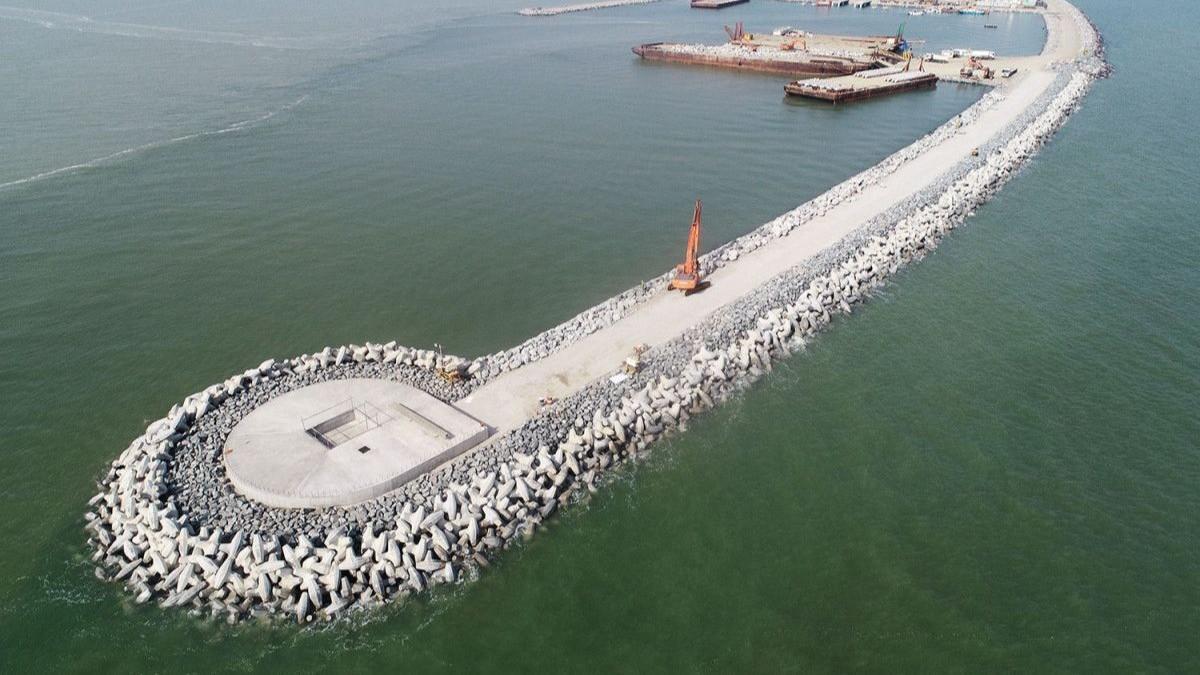Drop in water levels in Lake Burdur ‘surpassed critical level’
Salim Uzun – BURDUR

The fall in water levels in Lake Burdur (Burdur Gölü in Turkish) located in southwestern Turkey has surpassed a “critical point” that it has now become impossible to reverse the situation, according to a scientist.
“You don’t have to be a scientist to see the latest situation Lake Burdur has come to, because the drainage in the lake has surpassed critical level in a way that it is no longer possible to reverse. We can no longer bring Lake Burdur to its previous state,” İskender Gülle, an academic at the biology department of Mehmet Akif Ersoy University (MAKÜ) in the southwestern province of Burdur, told daily Hürriyet on Sept. 21.
Lake Burdur, which is among the largest and deepest lakes of the country, is positioned at the frontier between Burdur and Isparta provinces in southwestern Turkey.
Lake Burdur is an important wetland site for many bird species and is a Ramsar site, which is a wetland site designated to be of international importance under an intergovernmental treaty established in 1971 by UNESCO.
It is the most important wintering site in the world for the white-headed duck, a globally threatened species. It has also served habitats to 10 other internationally important waterfowl species. Lake Burdur has been a Ramsar site since 1993 and Wildlife Reserve since 1994.
The fall in water levels in the lake will put the ecosystem in danger, according to Gülle. “The only thing we can do right now is to pull the drop in the water levels to the lowest amount. Even if we do this, Lake Burdur will not exist in its current form in the upcoming 10 years. The salinity content rate has increased by 40 percent since 1980. And in the next 10 years, a further 30 percent will be added to this rate and the salinity content rate will surpass that of sea waters. The variety of birds will decrease, their population will be affected, and ecological richness will be destroyed,” he said.
According to Gülle, not only the animals but also the people living around Lake Burdur will be affected by the dropping water levels in the lake.
“The temperatures in summers will see higher levels [with the lake shrinking]. And winters will see incidents of frost more frequently. Winds will carry dust and salt in the parts of the drained lake to residential areas. This situation will lead to the increase of respiratory tract diseases, various cancer types, and even cardiovascular illnesses,” he said.
According to the professor, 90 percent of the decrease in water levels at Lake Burdur is attributed to “excessive water usage,” whereas 10 percent is attributed to “natural reasons” such as the increase in temperatures. “The ministries are aware of everything. But the solution is now very difficult because you are not able to cut the water supply of citizens, who got used to abundant water supplies, running the risk of social reactions,” Gülle said.
The State Hydraulic Works (DSİ) – under Turkey’s Ministry of Agriculture and Forestry Ministry – on the other hand said in a statement on Sept. 22 that the most important reason in the falling water levels at Lake Burdur was “vaporization.”
“Because of this reason, institutions linked to our ministry plan to undertake pilot scale works to decrease vaporization at Lake Burdur,” the statement said.
















